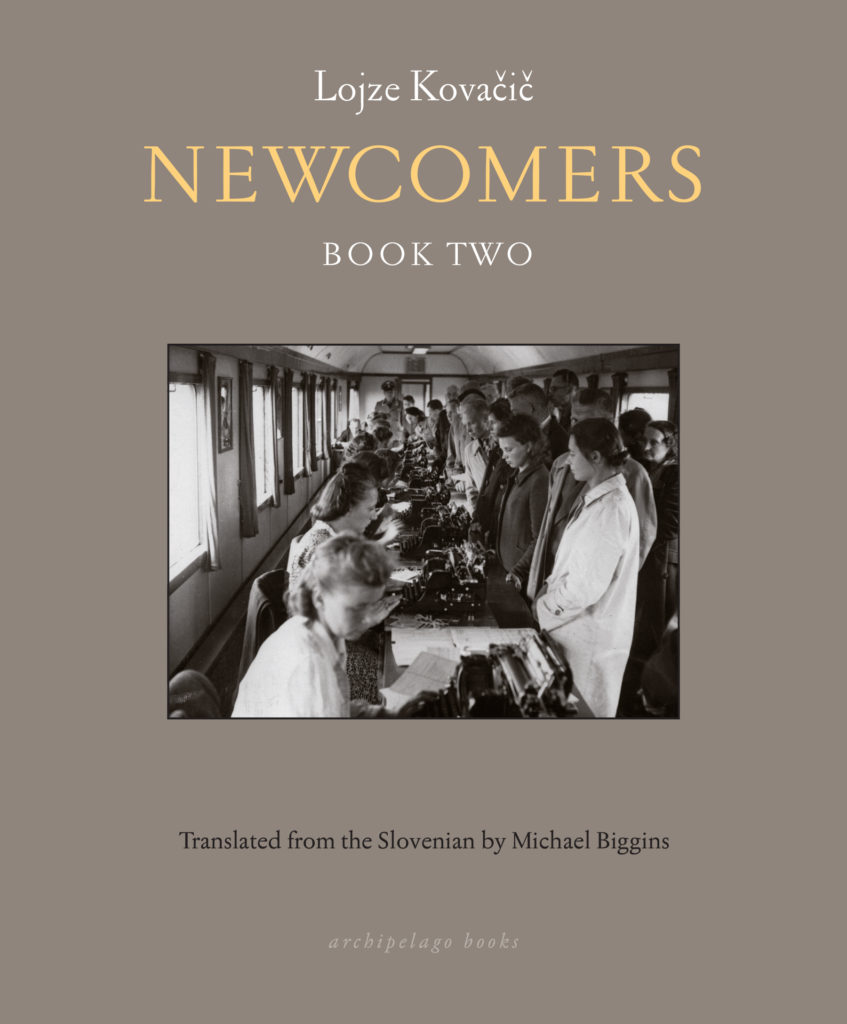Praise
Praise for Newcomers
"Kovacic impressively catches the mood of the early years of the Socialist Federal Republic of Yugoslavia. The volumes are masterpieces. They are bitter, but grippingly intense in their description... Newcomers is a mnemonic sleight of hand of botanical exactitude, a weighty historical document whose significance will only grow."
"Epic and panoramic... Newcomers turns stereotypes on their heads, as novels of the century should do—stereotypes such as the dignity of rural poverty, the unifying sanctity of the Slovenian language, and the noble heroism of resistance."
"One of the major Slovenian prose writers of the last sixty years."
Extras
An excerpt of Lojze Kovačič’s “A Boy and Death” was published on Words Without Borders.
In this translated essay in Primerjalna Književnost (Comparative Literature), published by the Slovenian Study for Comparative Literature, Alenka Koron writes about Lojze Kovačič’s work and influences, using the author’s personal library as a central focus. The essay starts on Page 107 of the PDF, which features many other fascinating, translated analyses of Slovenian literature.


